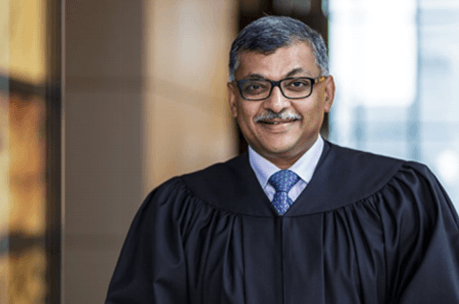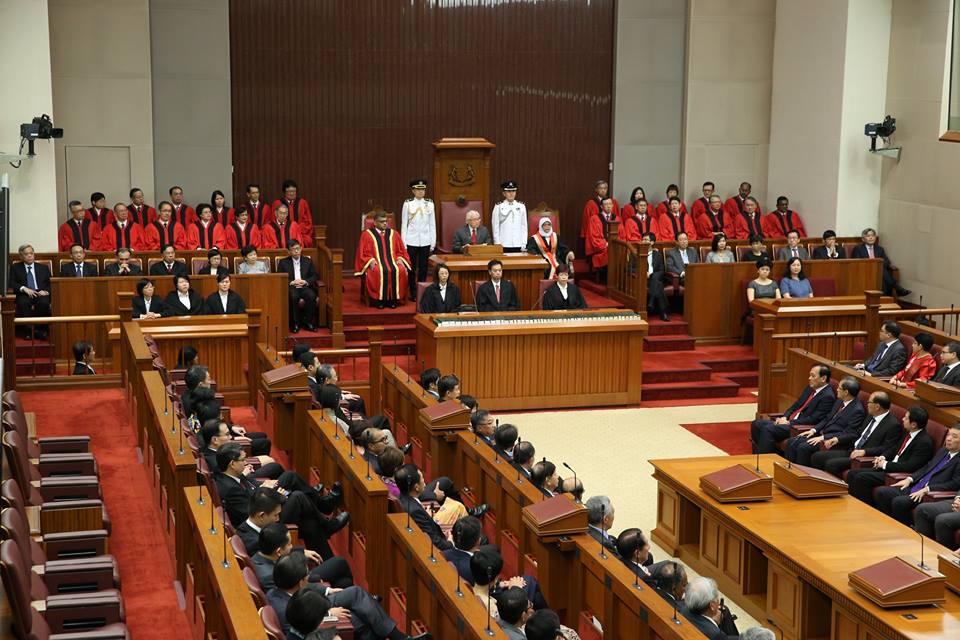Prime Minister Lee Hsien Loong gave a game-changing speech in Parliament today (Jan. 27), in which he talked about significant changes in the Non-Constituency MP (NCMP) scheme and deliberated on the qualifying criteria of the Elected Presidency (EP).
1. The NCMP scheme will increase from 9 to 12.
The NCMP scheme was created by Founding Prime Minister Lee Kuan Yew in 1984 to ensure that there is a minimum of three opposition MPs – elected MPs plus NCMPs. NCMPs are opposition candidates who had the best results, but did not win their seats.
PM Lee upped the number to 9 in 2009.
From the next General Election on, there will be 12.
2. A NCMP has more power now.
Besides the increase in numbers, the NCMP scheme will observe a change in voting rights.
Before:
NCMP is a second-class MP. NCMP can only file parliamentary questions, Move motions, and speak in all debates.
NCMPs may not vote on a few matters: constitutional changes, supply bills, money bills, votes of no confidence in the Government, and removing a President from office
After:
NCMPs will have the same voting rights as constituency MPs. In other words, they will be equal in powers to constituency MPs.
They can vote even in the case of confidence motions, and all the other presently restricted matters.
3. Smaller Group Representation Constituencies (GRCs), more Single Member Constituencies (SMCs)
PM Lee will appoint the Electoral Boundaries Review Committee and instruct it to reduce the average size of GRCs further, and to create more SMCs.
In the last two GEs, there were smaller GRCs and more SMCs created.
4. Review the qualifying criteria of the Elected Presidency
Principle: Peg it at people with high senior management competence and experience as they have to assess and decide on financial proposals involving billions of dollars.
What has changed? Details need to be brought up to date.
Public sector: The numbers of jobs and positions that qualify one to run for President have not expanded.
Private sector: A pre-requisite is that the candidate has to have been a chairman or CEO of companies with paid-up capital of at least $100 million.
In 1993, the number of companies with paid-up capital of at least $100 million stood at 158. Such companies have significantly increased since. According to Eddie Teo, Chairman of the Presidential Elections Committee (PEC), he noted that there were about 1,200 registered companies with a paid-up capital of $100 million or more in 2010. Latest data from ACRA shows 2,114 such companies.
Plus, 25 years of inflation has shrunk the meaning of $100 million.
5. Examine how Singapore can ensure that minorities will have a chance to be elected to the office of President
 Chief Justice Sundaresh Menon Source
Chief Justice Sundaresh Menon Source
PM will appoint a Constitutional Commission, chaired by Chief Justice Sundaresh Menon, to study the following issues and make recommendations:
- To bring the eligibility criteria up to date
- To strengthen the Council of Presidential Advisors (CPA)
- To ensure minority Presidents periodically
Since the EP system was introduced in 1991, Singapore have not had a Malay President. From 1999 to 2011, Singapore had an Indian President – S R Nathan, who served for two terms.
PM Lee said that Singapore should consider a similar mechanism (GRC system) for Presidential elections, to ensure that minorities can be periodically elected if we have not had a particular minority as President for some time.
You can read PM Lee's full speech here.
Related article:
4 potential implications from PM Lee’s speech on political changes
Top photo from President Tony Tan's Facebook page.
If you like what you read, follow us on Facebook and Twitter to get the latest updates.
If you like what you read, follow us on Facebook, Instagram, Twitter and Telegram to get the latest updates.



